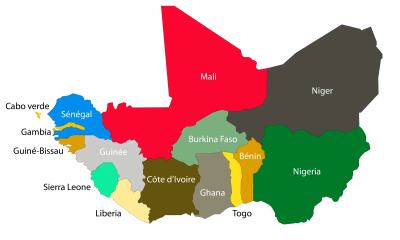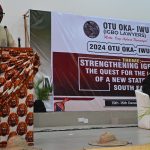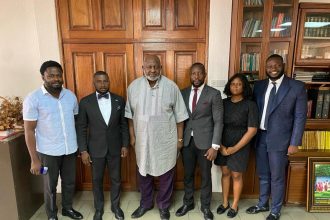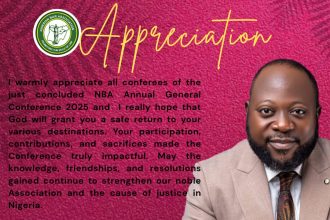The Economic Community of West African States (ECOWAS) has announced the impending withdrawal of Mali, Burkina Faso, and Niger Republic as member states. The decision was revealed during the 66th Ordinary Session of the Heads of State and Government held in Abuja, Nigeria, by Alieu Touray, the president of the ECOWAS Commission.
The withdrawal process for the three nations is set to commence on January 29, 2025, and will extend through a transitional period ending on July 29, 2025. This timeline allows for final mediation efforts and any potential diplomatic interventions to restore the countries’ membership within the bloc.
ECOWAS: Diplomatic Efforts
Touray commended the diplomatic engagements of Senegal’s President Bassirou Diomaye Faye, Togo’s President Faure Gnassingbé, and Nigeria’s President Bola Ahmed Tinubu, who serves as the chairman of the ECOWAS Authority.

Their efforts aimed to foster dialogue and reconciliation with the withdrawing nations. Despite this, the trio of Mali, Burkina Faso, and Niger formally notified ECOWAS of their decision to exit, citing regional sovereignty and governance challenges as key reasons.

Transition and Mediation
During the transition period, ECOWAS will maintain open communication with the three nations. President Gnassingbé and President Faye will continue their mediation roles through this transitional phase, aiming to facilitate the reintegration of the countries into ECOWAS.
ECOWAS: contingency Plans and Modalities
To prepare for the formal withdrawal, ECOWAS has directed its Council of Ministers to hold an extraordinary session in the second quarter of 2025. This session will address:
- Separation Modalities: Determining the political and economic consequences of the withdrawal.
- Contingency Plans: Establishing frameworks for continued relations, trade agreements, and political engagement with the departing nations.
Implications
The withdrawal of these nations represents a significant challenge for ECOWAS, given its role in fostering regional stability, economic cooperation, and integration.
The affected countries have faced internal governance issues and security challenges, particularly in countering insurgency and managing transitional governments after military takeovers.

As ECOWAS navigates these changes, the bloc’s ability to maintain cohesion and influence in West Africa will likely be tested.









